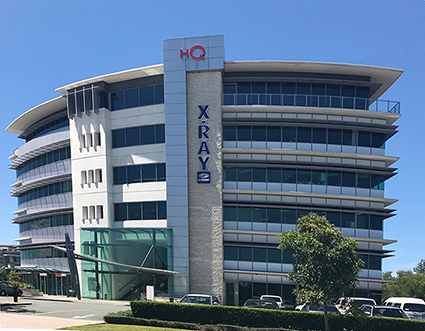Facial Fractures
Your surgeon will examine your jaw and consider the number of fractures and where they have occurred before deciding that surgery is needed.
The surgery takes place under a general anaesthetic, which puts you to sleep completely. Your surgeon will put the broken bones back in the right place and hold them with small metal plates and screws. The surgery is usually performed from the inside of the mouth so there will be no visible scars though, in some very difficult cases, the surgeon may need to make a cut outside the mouth. Occasionally, the surgeon will need to remove damaged or decayed teeth at the site of the fracture.
Your surgeon may place wires or metal braces around your teeth or, occasionally, insert screws above your teeth. This is so that elastic bands can be used to guide your bite into the correct position. These bands are not usually attached until the day after the operation. Most patients spend one night in hospital.
Any stitches inside the mouth usually dissolve completely in a couple of weeks. Stitches outside the mouth will need to be removed after a week. Any wires, metal braces or screws used to help guide the bite into the correct position will be removed when your surgeon is satisfied that the fracture has healed. Any metal plates and fixing screws are normally left in place. As they’re made from titanium they won’t set off metal detectors in places such as the airport.
You’re likely to feel sore, particularly for the first few days, so your surgeon will organise regular pain relieving medication. It’s important that the area heals without any infection so you’ll be given antibiotics through a vein in your arm. You’ll also be given a course of antibiotics along with painkillers to take home.
Cold compresses and sleeping upright for the first few days after surgery can help the healing process.
It will take around six weeks for the jaw to heal completely. During this time you will need to eat a relatively soft diet – your surgeon and others in your medical team will discuss this with you.
It’s also important to keep your mouth as clean as possible for the first few weeks after surgery to prevent infection. If you had incisions inside your mouth and are finding it difficult to clean your teeth around the stitches you can gently rinse your mouth with a recommended mouthwash or a flat teaspoon of kitchen salt dissolved in a cup of warm water. This should start the day after surgery.
We recommend that you take a week off work and avoiding strenuous exercise during this time. It’s important that you don’t drive or operate machinery for 48 hours after a general anaesthetic.
Before you leave hospital your surgeon will arrange an appointment to take out any stitches and will probably want to review the healing process several times over the next few months.
Your surgeon will explain all aspects of the procedure and possible outcomes before arranging for you to have surgery. You will also leave hospital with everything you need for further care. If you have any questions or concerns before or after your surgery, please contact the Oral Surgery Implant Group.

